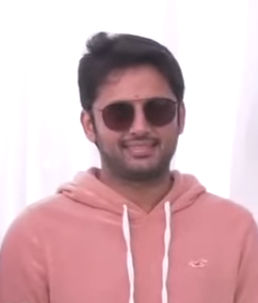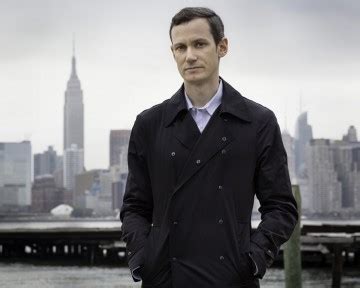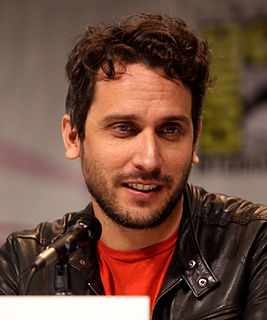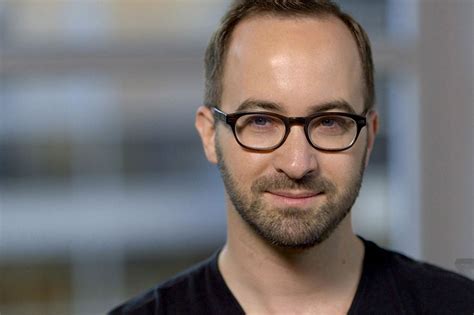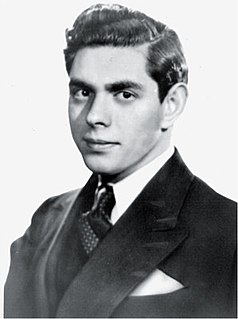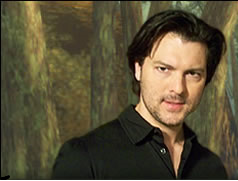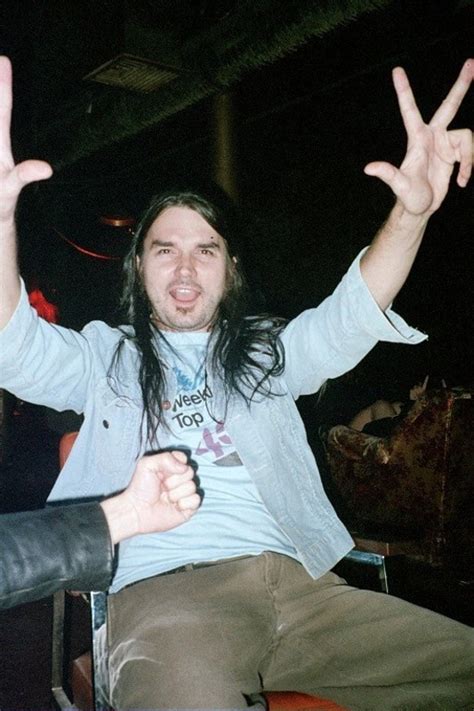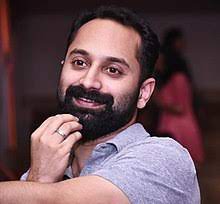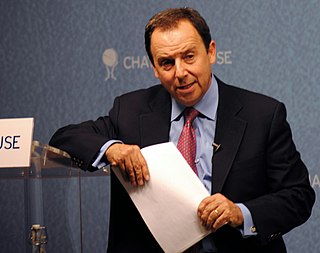A Quote by Nithiin
Laced with a unique narrative technique, racy screenplay and top notch production values, 'Lie' is a new cinematic experience.
Quote Topics
Related Quotes
Spike optioned my first book, 'Now the Hell Will Start,' and he trusted me to write the screenplay, too. That was an awesome learning experience - I grew up watching Spike's movies, and here he was giving me handwritten notes about structure and dialogue. His feedback taught me so much about how to craft a cinematic narrative.
While the storytelling in games is getting so much better, you look at something like Grand Theft Auto V, which I thought was really beautifully written, it doesn't really need a movie because it is a movie. So I think you need a unique game - you either need an incredibly talented writer and director to come in and put together an amazing vision, or you need a game like Metal Gear, which is very cinematic, has a huge amount of history behind it, but whose cinematic experience is very different from what you'd get in a theater.
When you're writing a script you have the option to embellish on life or switch the order of events or make it generally more cinematic. I would stick too closely to my own experience and not necessarily think about the fact that it needs to have an event happen. Realising that I could channel my own experience into a story that was slightly more cinematic was a very important moment for me - allowing myself to accept that the kind of screenwriting I'm doing is a work of fiction.
I think sometimes when people start doing improv there's some regression towards trying to replicate the "good" improvisers that they've read about in their improv books or heard about from their teachers. That's understandable, because they're trying to learn technique and stuff, but I actually think that my favorite performers are ones who have unique improv technique but also have a unique point of view that you can feel with them and their performances.
The President, who really had been mostly managing his one-man Barack Obama narrative and journey his whole life, without executive experience, certainly - he's not a governor. Some governors, of course, they have experience in executing power, which is something fairly unique, actually, in government. And he has, neither, a set of nourishing experiences.
